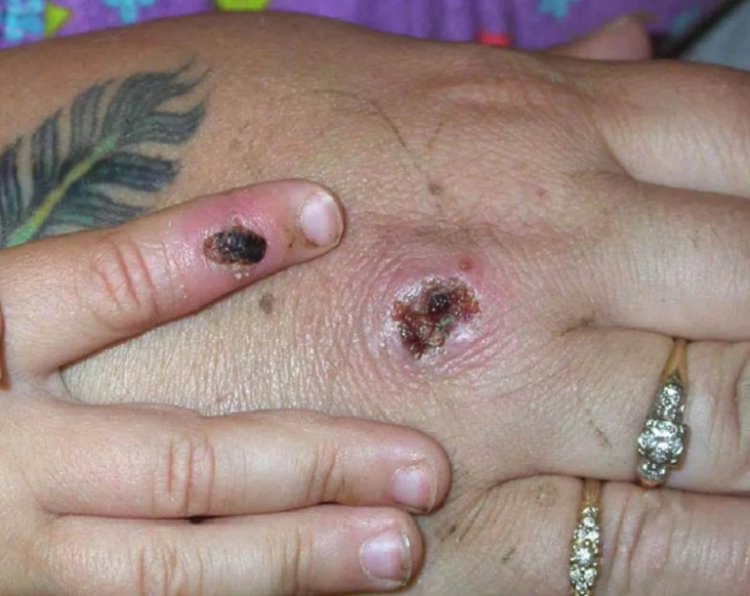The World Health Organization will rename the monkeypox virus after scientists expressed concern that it is "discriminatory and stigmatizing"
Ghebreyesus also announced that the WHO will hold an emergency conference next week to decide whether the outbreak of monkeypox should be classified as a global public health emergency.

After a group of scientists expressed concerns that the name could be stigmatizing, the World Health Organization stated Tuesday that the monkeypox virus, which has infected over 1,600 individuals in 39 countries this year, will be renamed.
At a news conference on Tuesday, World Health Organization Director-General Tedros Adhanom Ghebreyesus said, "WHO is also working with partners and experts from around the world on updating the nomenclature of monkeypox virus, its clades, and the disease it causes." "As soon as feasible, we'll announce the new names."
The news comes after a group of more than 30 international scientists petitioned the medical community last week to alter the virus's name.
"According to popular belief in the worldwide press and scholarly literature, MPXV is endemic in various African countries.
"However, previous to the 2022 outbreak, it is well recognized that nearly all MPXV outbreaks in Africa were the consequence of spillover from animals to people, with only a few cases of persistent human-to-human transmissions," the scientists wrote on June 10.
"Continued references to, and nomenclature of, this virus as African is not only erroneous but also discriminatory and stigmatizing in the context of the current global outbreak."
On its website, the World Health Organization (WHO) cites two monkeypox clades: "one detected in West Africa (WA) and one in the Congo Basin (CB) region."
This nomenclature is "contrary to the best practice of avoiding geographic regions in the naming of diseases and disease groupings," according to artists.
According to the CDC, monkeypox was initially discovered in 1958 amid two outbreaks of a pox-like disease in monkeys at a Danish research center. In 1970, the first human case was discovered in the Democratic Republic of Congo.
The largest current outbreak is in the United Kingdom, where 470 cases have been reported by health officials.
The virus is transmitted from person to person mostly through direct contact with infected people or contaminated surfaces.
Ghebreyesus also announced that the WHO will hold an emergency conference next week to decide whether the outbreak of monkeypox should be classified as a global public health emergency.
"The monkeypox outbreak is rare and alarming," Ghebreyesus warned on Tuesday. "As a result, I've decided to call a meeting of the emergency committee established under international health standards next week to determine if this epidemic is a public health emergency of international concern."
The Centers for Disease Control and Prevention (CDC) has confirmed 65 cases of monkeypox in the United States, with 15 instances in California and 11 in New York.
Monkeypox has symptoms that are comparable to smallpox, but it is less severe. Infected people usually experience flu-like symptoms, followed by a rash that develops into lesions.
The WHO has had a rocky recent history, facing accusations that it failed to keep China transparent as the COVID pandemic spread from Wuhan to the rest of the world, and then accusations that it avoided offending China's communist leader, President Xi Jinping, by omitting the Greek letter Xi when naming virus variants.

 Boakyewaa Lawrencia
Boakyewaa Lawrencia 



































